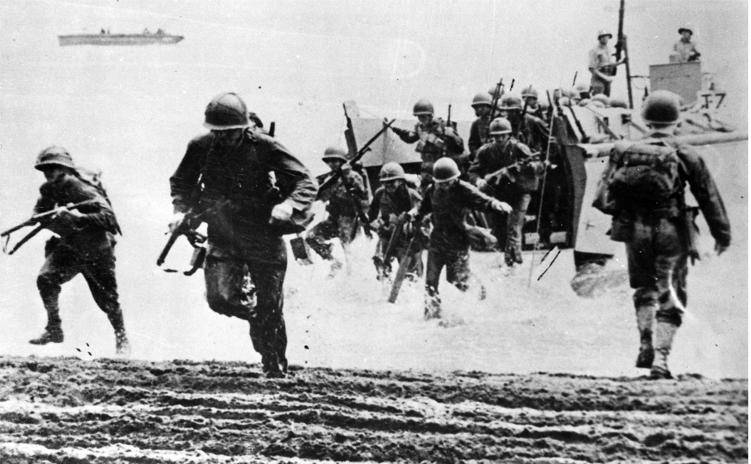
The last time an event occurred that gripped the entire world was in 1939, when Adolf Hitler ordered his troops to invade Poland.
Two days later, on September 3, Britain and France declared war on Germany.
What followed were nearly six years of war and many millions of deaths.
The conflict finally ended on May 8 1945, when the Allies (Britain, France, Russia and the US) accepted Germany’s unconditional surrender.
The Covid-19 coronavirus will – hopefully – not wreak the same kind of havoc as that tragic war did. However, 210 countries and territories have reported cases of the virus, with more than 160 of those reporting deaths related to Covid-19.
Faced with the growing spread of the pandemic, sports officials around the globe started to struggle to deal with the situation, then ordered sport – at least, in most parts of the world – to come to a halt.
Among the major sporting events that were cancelled were the Olympics (first held in 1896); some of the oldest golfing tournaments, such as the British Open (first held in 1860); one of the five monuments of cycling, the Liège-Bastogne-Liège race (first held in 1892 and also known as La Doyenne [the Old Lady]); and the Holy Grail of tennis: Wimbledon (first held in 1877).
The last time these historic annual tournaments were cancelled was in 1944, during World War 2. Yet not even that war brought as abrupt a halt to sport as the coronavirus has, although there are many similarities.
The top flight in English football was called to a halt in 1939 – three matches into the season – as the threat of air raids and conscription made the continuation of the league virtually impossible.
This didn’t go down well with fans, who were eager to continue to watch – and play – football.
As a result, the British government allowed the Football Association to continue playing, as long as everyone adhered to a number of regulations, including a restriction on spectators and very limited travel.
The league was thus divided into eight regional divisions, which continued to play throughout the war.
English international Tom Finney, who signed a professional contract with Preston North End just before World War 2 started, later said that sport continued throughout the war because it gave people some hope.
“Football provided the country with some much-needed escapism and, speaking as a player, it was thoroughly enjoyable – despite the bombs,” said Finney.
“Wartime football was no substitute for the real thing, but it did serve a purpose. There were restrictions galore and most clubs found their squads being decimated through call-ups into the armed services, but the public passion for football won through.”
Finney, who enjoyed a successful career after the war and went on to play 67 times for England, said that clubs battled to keep going: “Sometimes matches were in doubt right up until kick-off, as clubs tried desperately to recruit guest players, but when the action rolled, it was good.”
In Germany, football continued throughout the war, with a champion being crowned each year. One of the notable differences was that clubs from France, Austria, Czechoslovakia and Poland participated in the league.
American sports also tried – as best they could – to continue playing.
The New York Yankees and St Louis Cardinals were the most successful wartime baseball clubs, as not even Hitler could bring the World Series to a standstill.
Japan staged an attack on Pearl Harbour in December 1941, forcing the US into the conflict.
The baseball commissioner, Judge Kenesaw Mountain Landis, contacted President Franklin Roosevelt to ask whether the upcoming baseball season should be halted.
The 1.8m-tall president – who had been so bad at the sport that he was placed in a team called the Bum Baseball Boys, even before contracting polio and Guillain-Barré syndrome, which left him severely disabled for the rest of his life – replied that the season shouldn’t be halted.
“I honestly feel that it would be best for the country to keep baseball going,” he said.
Covid-19, of course, doesn’t allow officials to take that course. The perils of World War 2 were considerable, but – unlike a virus – weren’t contagious.
 | ||||||||||||||||||||||||||
Get in touchCity Press | ||||||||||||||||||||||||||
| ||||||||||||||||||||||||||
| Rise above the clutter | Choose your news | City Press in your inbox | ||||||||||||||||||||||||||
| City Press is an agenda-setting South African news brand that publishes across platforms. Its flagship print edition is distributed on a Sunday. |




 Publications
Publications
 Partners
Partners









